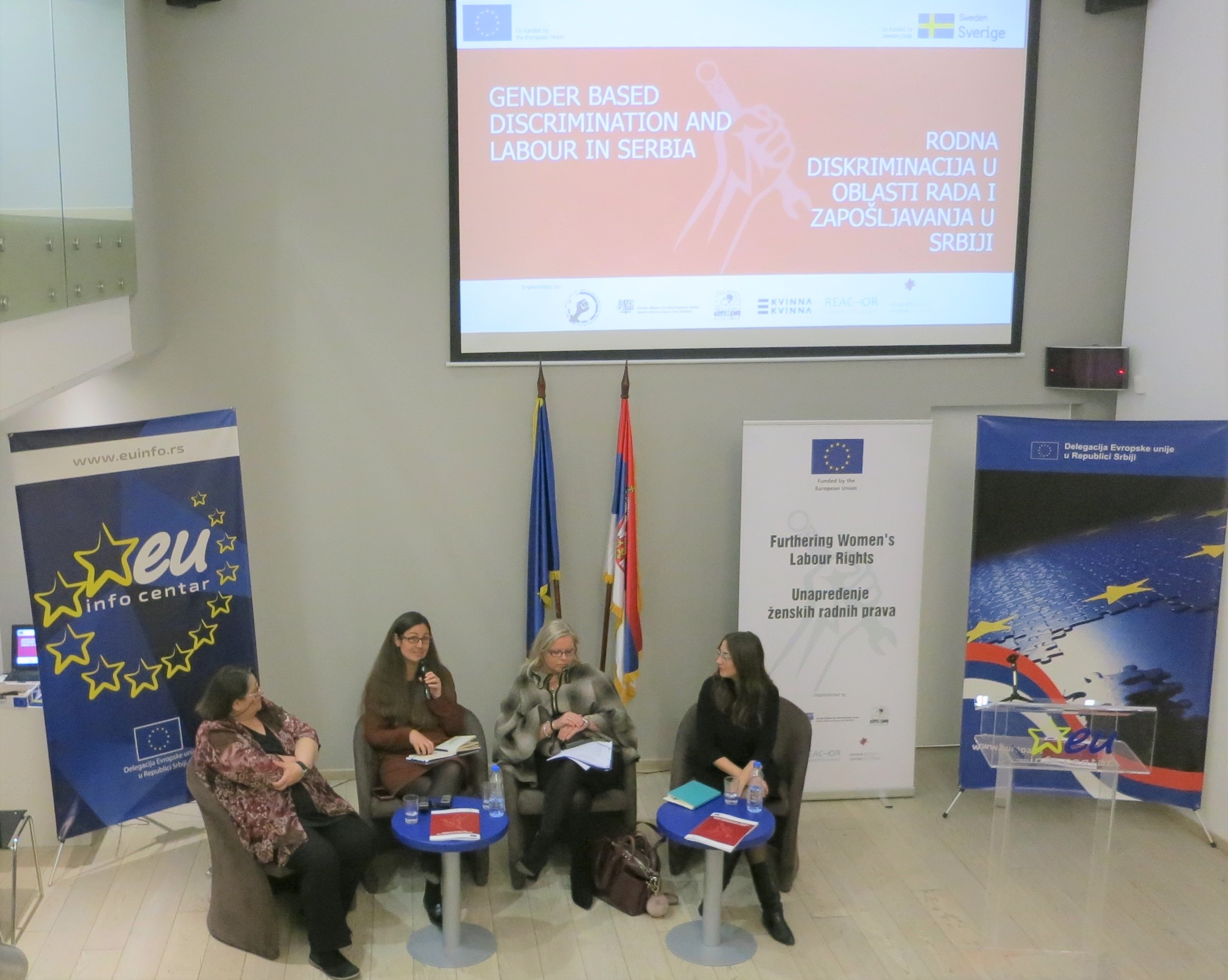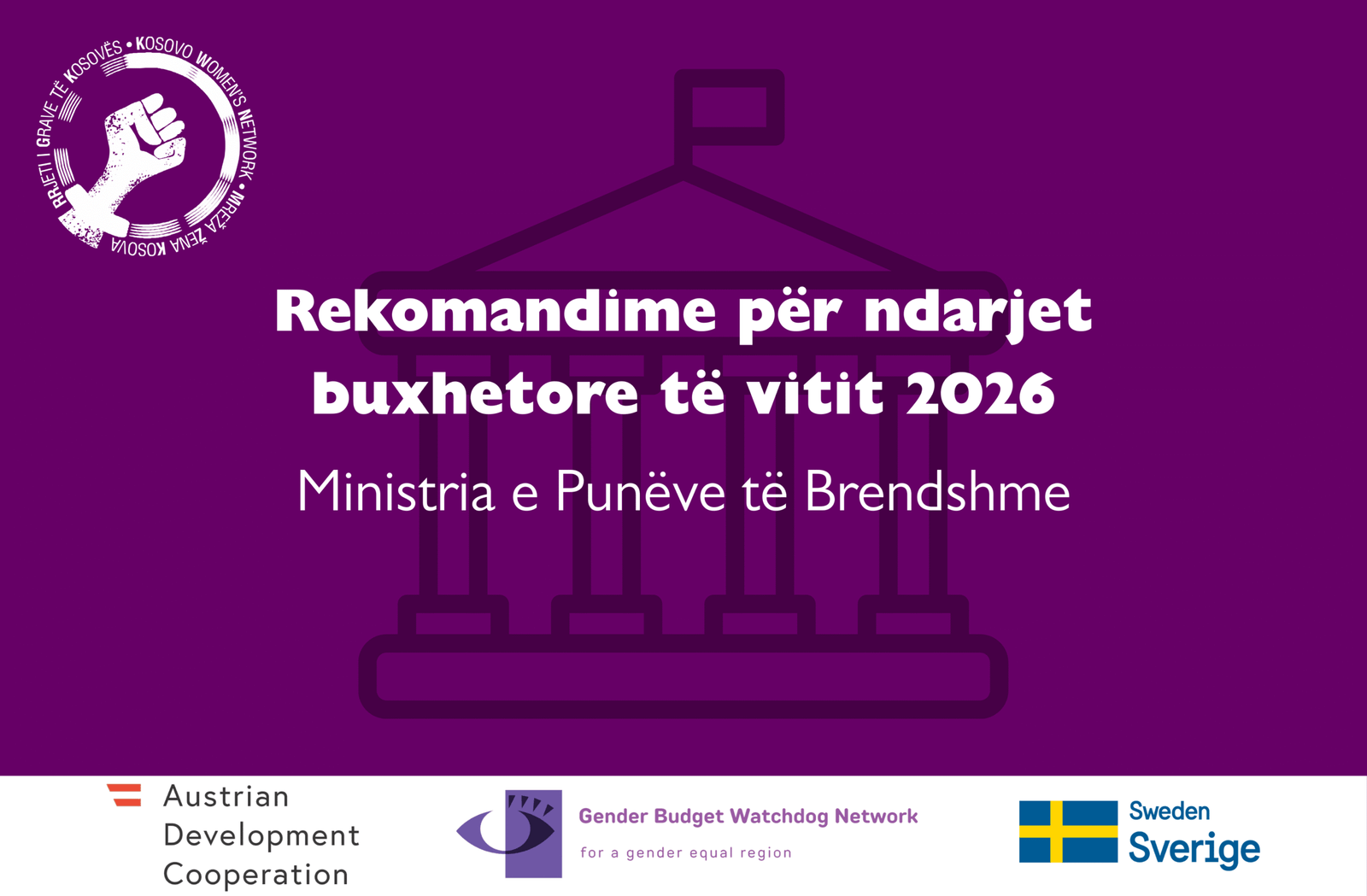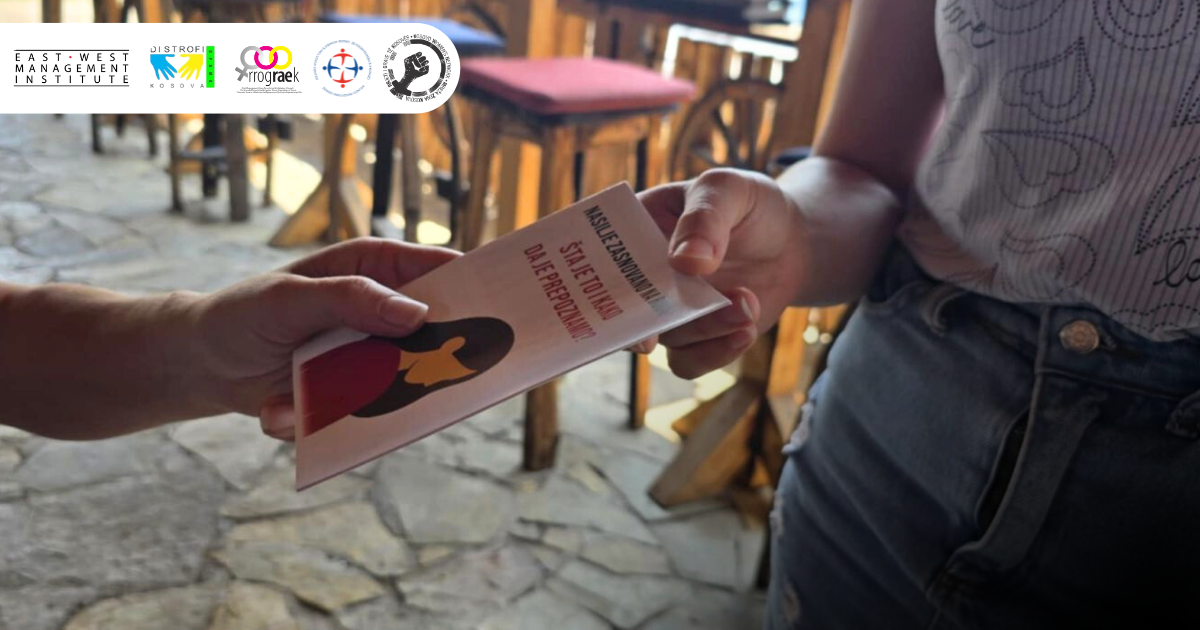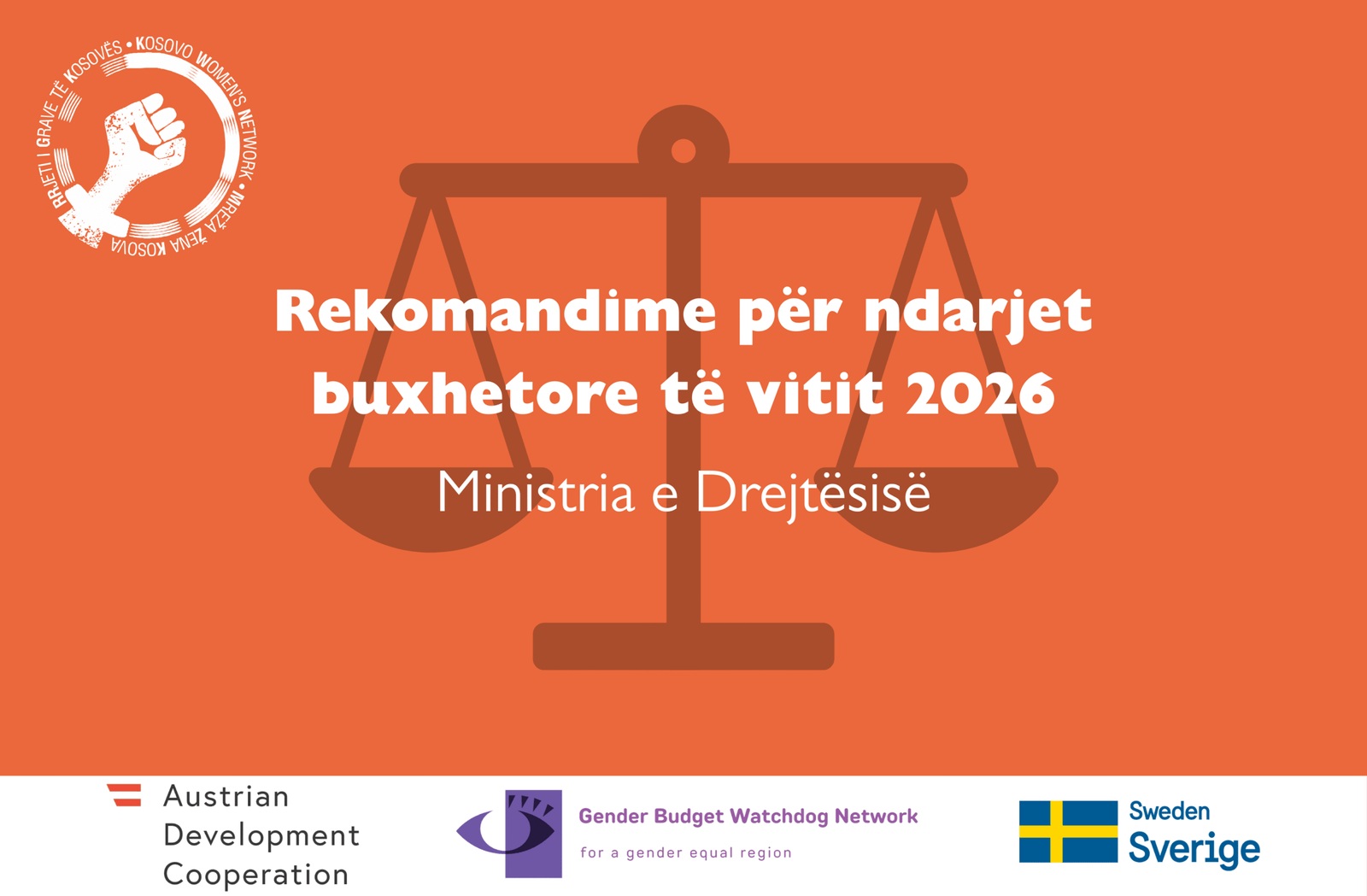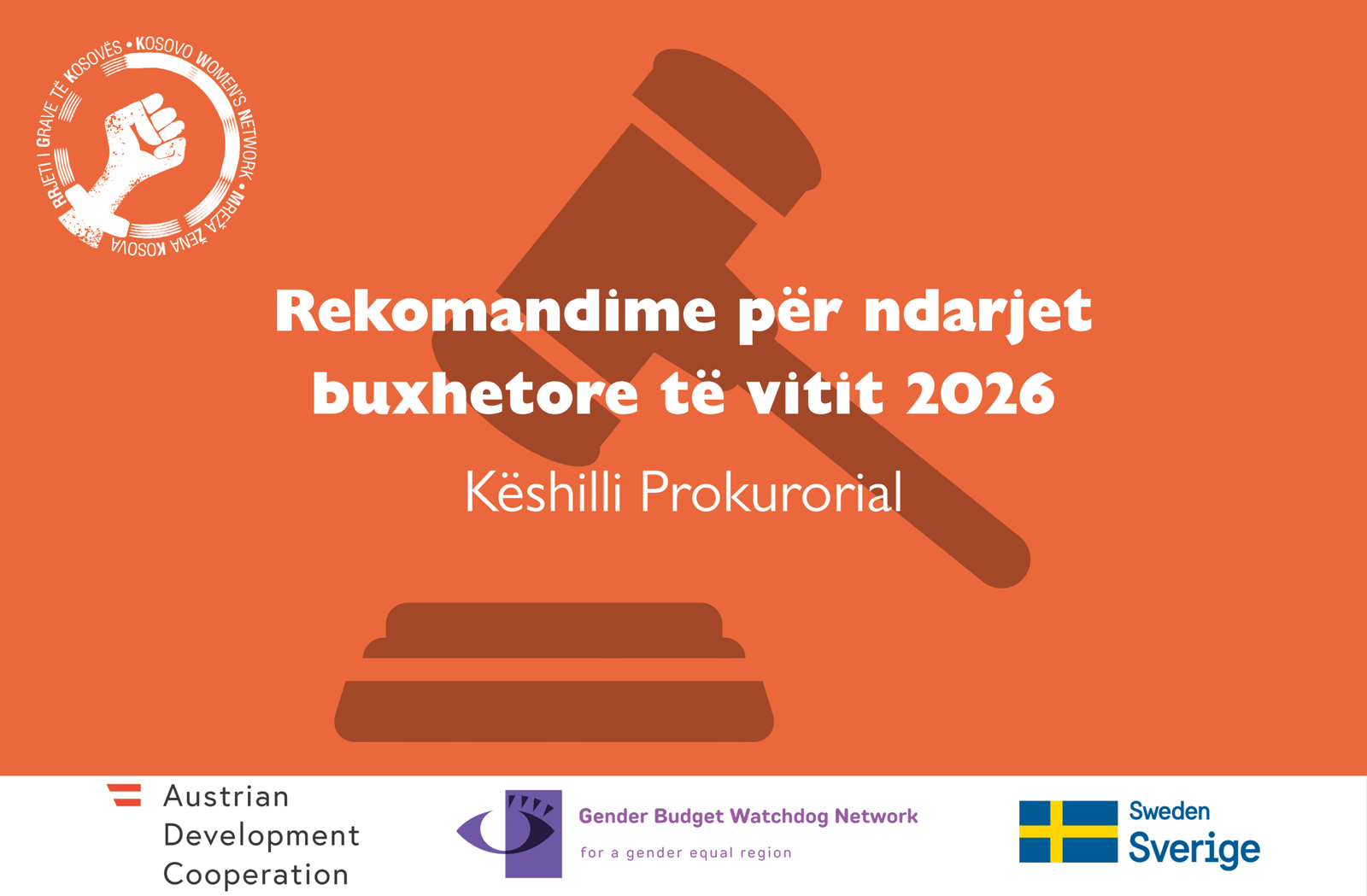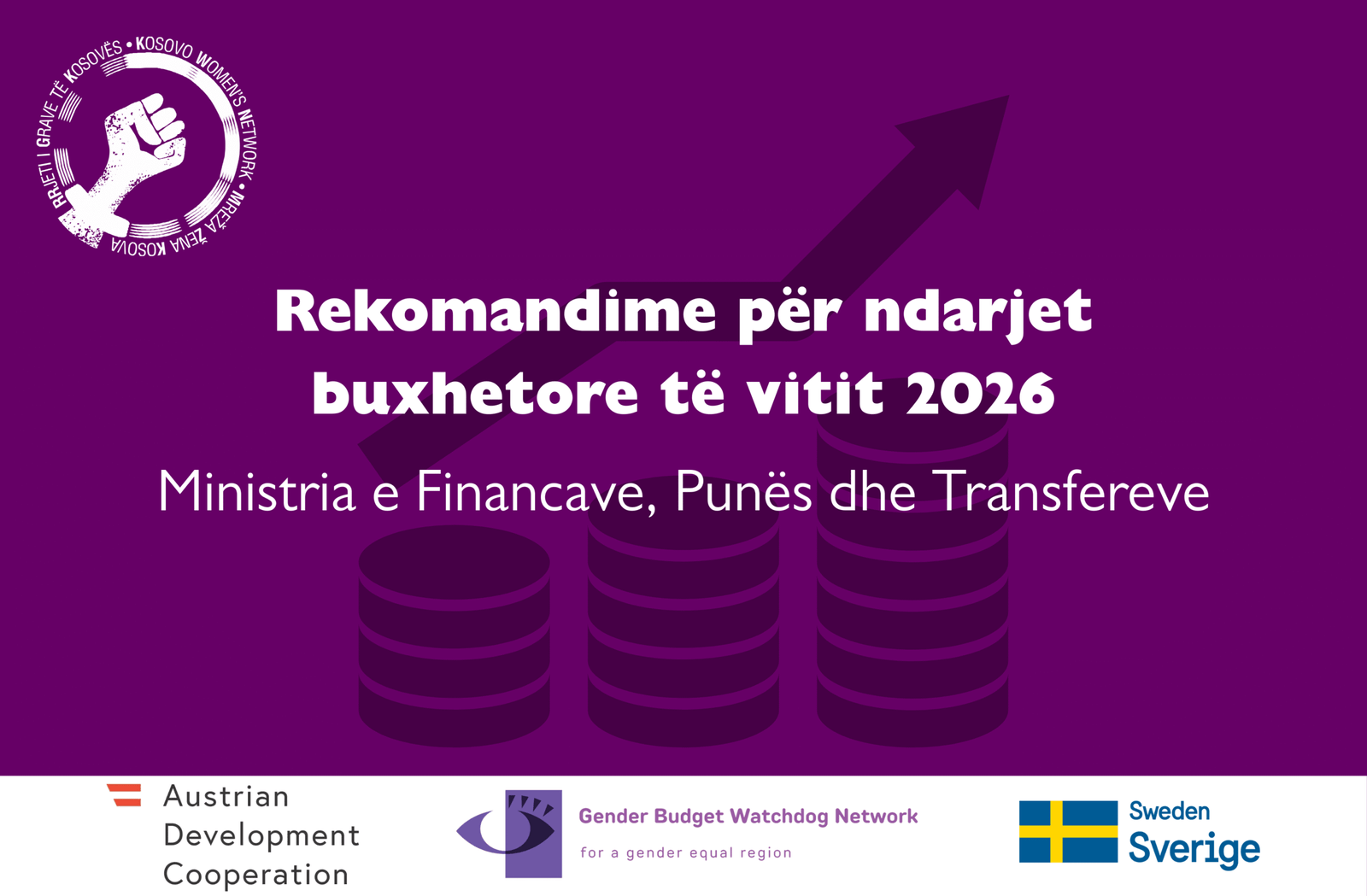Belgrade – Yesterday the Kvinna till Kvinna Foundation launched a new report on Gender-based Discrimination and Labour in Serbia. The event dually marked the official launching of a regional initiative to address such discrimination in six Western Balkan countries, supported by the European Union (EU) and Sweden/Sida.
“Gender issues include men [and] protecting women’s rights serves the betterment of society as a whole,” said Noora Häyrinen, Head of the Political Section of the EU Delegation to Serbia in her opening remarks. She welcomed this new EU-supported action and observed the important role of women’s rights groups. “Strong women’s networks can push the agenda forward,” she said.
During the event, Sofija Vrbaški, Project Coordinator from the Kvinna till Kvinna Foundation and a co-author of this new publication presented the methodology, key findings and recommendations resulting from the research.
This report includes information on shortcomings in the relevant legal framework; the prevalence and nature of gender-based discrimination related to labour; and the extent to which people have filed claims. Some key findings include:
- While both women and men tend to be aware that gender-based discrimination is illegal, they struggle to identify which specific acts can constitute gender-based discrimination;
- Extensive evidence exists that gender-based discrimination affects women in particular, including related to hiring, promotion, unequal pay and sexual harassment;
- Institutions tend to lack data regarding the cases that they have treated and some did not participate in the research, making it difficult to assess the quality of institutional response to such discrimination;
- Survey data indicate that women have 2.5 times greater odds of experiencing sexual harassment in the workplace than do men; and
- Reporting workplace gender-based discrimination remains a challenge; some individuals are even more vulnerable to multiple discrimination based on the grounds of gender as well as sexual orientation, gender expression or gender identity, ethnicity and different abilities.
Research findings in Serbia have several similarities with those in other Western Balkan countries, according to Nicole Farnsworth, Program Director from the Kosovo Women’s Network. She shared initial findings from the region, highlighting these similarities. Moreover, she spoke of opportunities for future collaboration among women’s rights groups in addressing the issues identified, such as through joint advocacy, awareness-raising campaigns and legal aid, to be supported through grants to organisations made through this new action.
Milica Lupšor, worker, activist and a member of the ROZA women’s labour rights collective from Zrenjanin, presented moving stories of discrimination faced by women, particularly those working in sports, agriculture and factories. The organization’s activists have self-produced short films narrating these real-life stories of discrimination faced by women workers.
Event participants engaged in a discussion of best practices to date, including those highlighted by a representative of the Commissioner for the Protection of Equality, as well as key challenges, such as how best to support women in accessing justice for discrimination given the real risks affiliated with reporting such cases. Women’s rights activists agreed to continue these discussions in the future, coordinating their efforts to support women affected by gender-based discrimination related to labour.
The report is available HERE.
This 36-month action is being co-implemented by the Kosovo Women’s Network, the Kvinna till Kvinna Foundation (Serbia), Gender Alliance for Development Centre (Albania), Helsinki Citizens Assembly Banja Luka (Bosnia and Herzegovina), Reactor – Research in Action (Macedonia) and Women’s Rights Centre (Montenegro). The partners plan to collaborate with broader networks of women’s rights groups and activists in the coming years.

